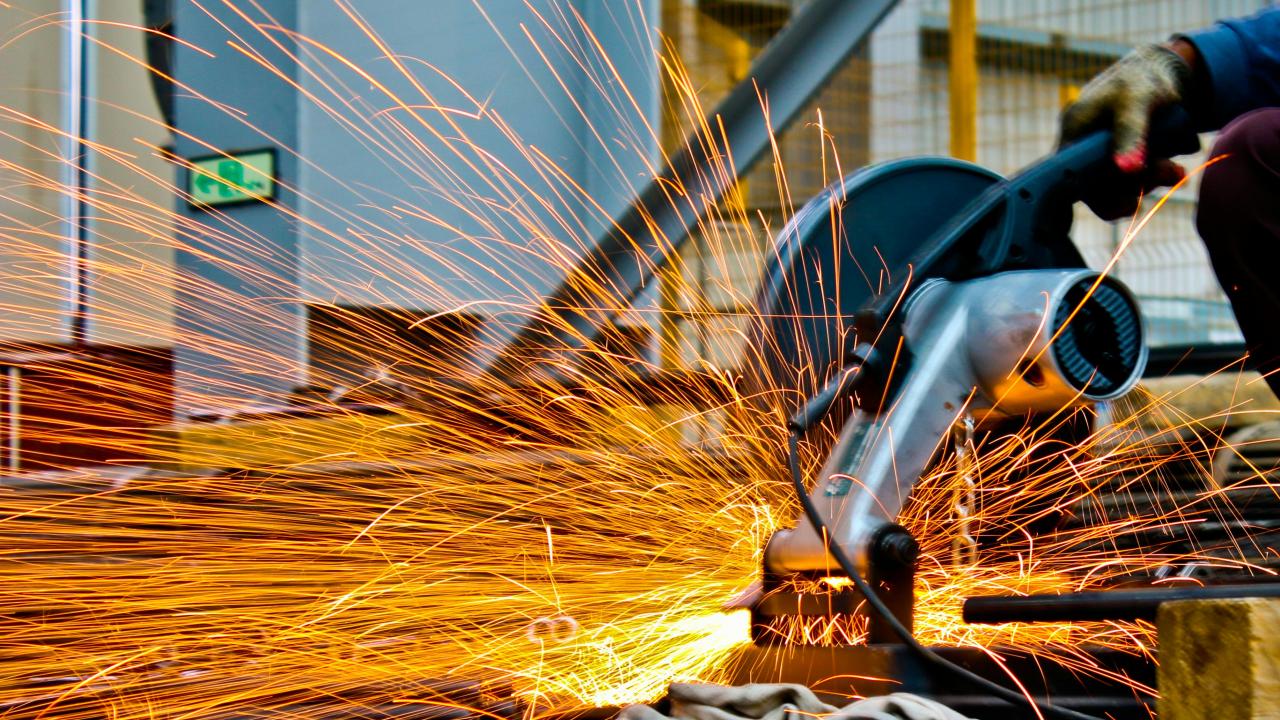
The Colombian business association (ANDI) rejected the Andean Community's decision to deny the safeguards (tariffs) requested by the Petro government to protect and encourage local industry.
Steel trade in the Andean region is at the center of a controversy that Colombia faces with its trading partners in the Andean Community of Nations (CAN).
The recent decision by the bloc to deny the safeguards that Colombia imposed on imports of corrugated steel bars has generated strong rejection by the national steel industry, which now sees its competitiveness at risk against producers from neighboring countries.
The Colombian Chamber of Steel Producers of the ANDI expressed its concern over what it considers an arbitrary decision that leaves local production unprotected and goes against the findings of the investigation that justified the measure. The Colombian government, for its part, is evaluating the possibility of filing a reconsideration appeal and redefining its strategy vis-à-vis the CAN.
The crux of the dispute is the market for corrugated steel for concrete reinforcement, a key input in construction. In October 2024, the Ministry of Commerce, Industry and Tourism established a quota of 29,529 tonnes per year free of tariffs. For any imports exceeding that limit, the Government imposed a 14.5% tax for two years.
However, after an evaluation of the case, the General Secretariat of the Andean Community, composed of Colombia, Ecuador, Peru and Bolivia, determined that the imposition of safeguards did not meet the necessary criteria and, therefore, ordered the immediate suspension of the tariff and the return of the amounts charged during its validity.
The CAN report concluded that there was no sudden or disproportionate increase in imports, and that the contraction in national production was not only linked to external competition, but to other factors such as the slowdown in the construction sector and the increase in the cost of inputs.
The ANDI, for its part, argued that the organization's evaluation had methodological flaws, arbitrary interpretations and ignored the basic principles of trade defense recognized by the World Trade Organization (WTO).
They also point out that the impact of imported steel on the Colombian market is undeniable. In 2023, imports of corrugated steel bars from the Andean Community reached 33,654 tons, of which 99.4% came from Peru. This increase would have displaced local production, generating losses in the national industry.
The sector also notes that 76.6% of wire rod imports – another key steel input – come from countries without trade agreements with Colombia, such as China and Russia, which creates unequal competition, since these products arrive in the country at prices between 7% and 15% lower than those of the local market.
The decision of Minister Luis Carlos Reyes has been to adjust his trade policy to counteract the impact of these imports. In addition to the 14.5% tariff on corrugated steel bars, Decree 1294 of October 2024 imposed a 35% tariff on wire rod from countries without trade agreements.
The head of the portfolio said that the aim is to correct unfair practices that affect the local industry.










